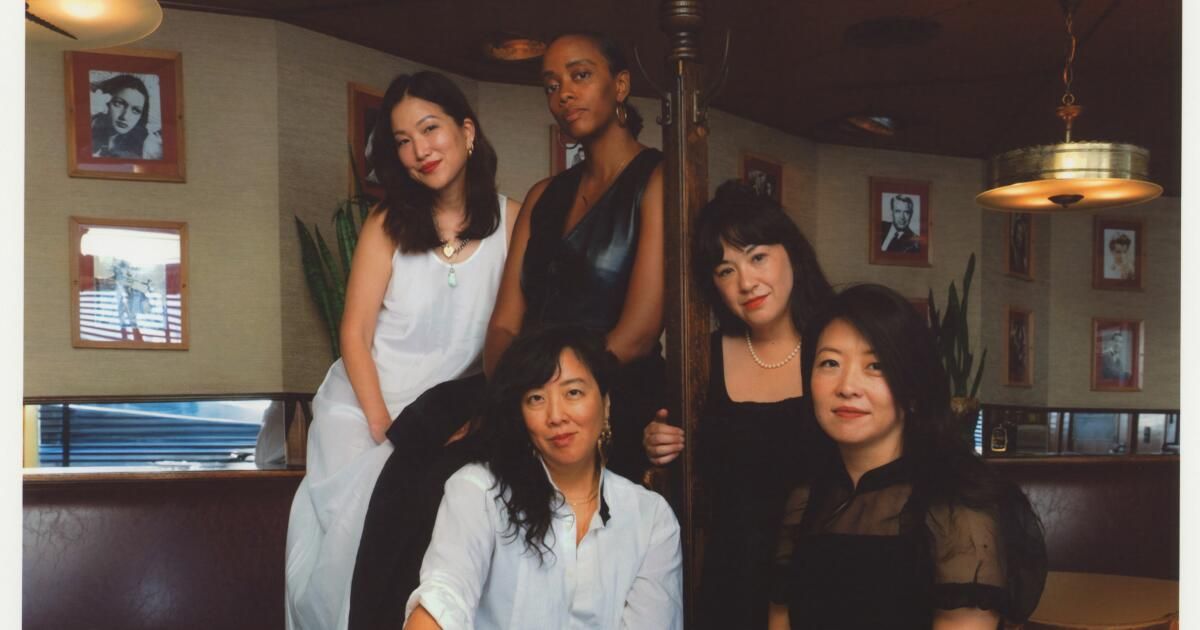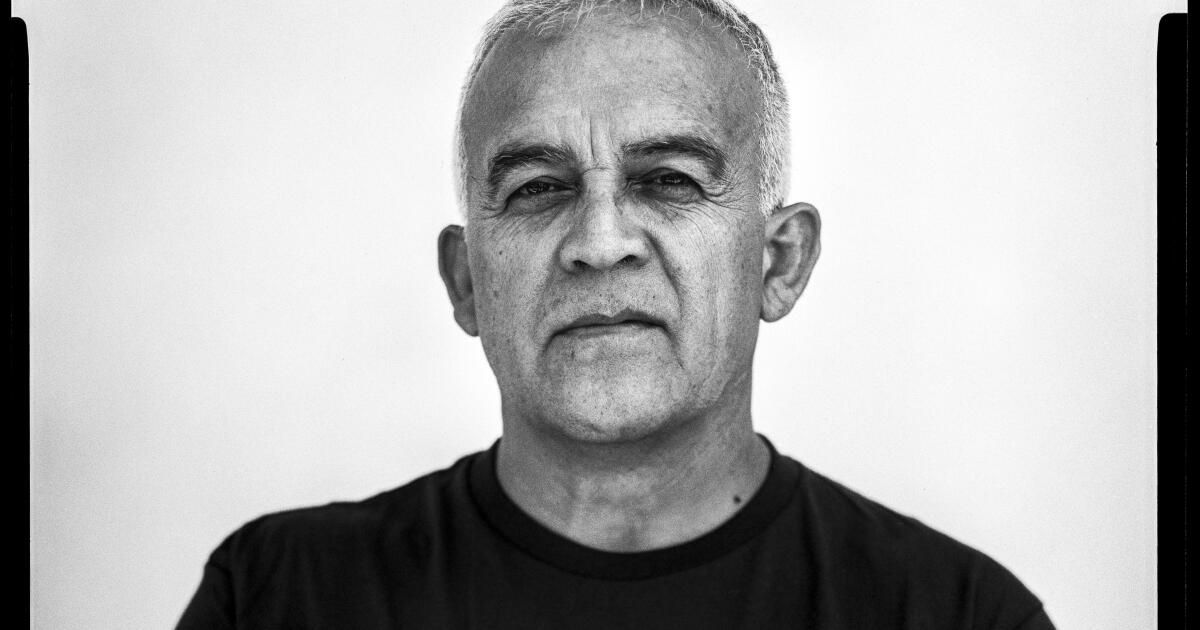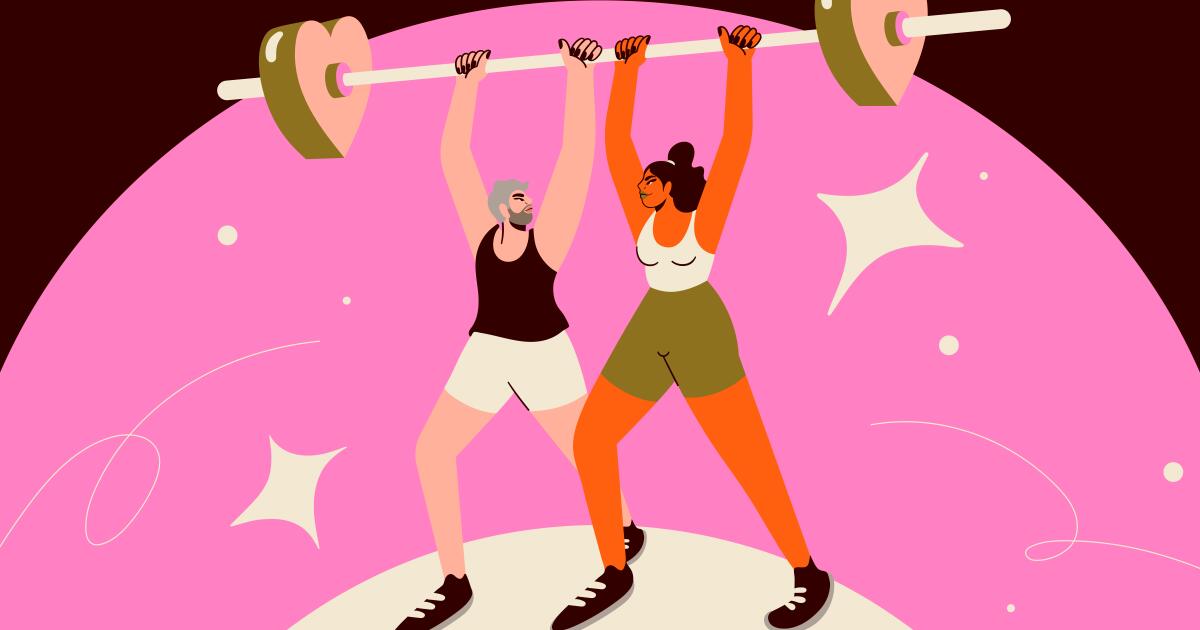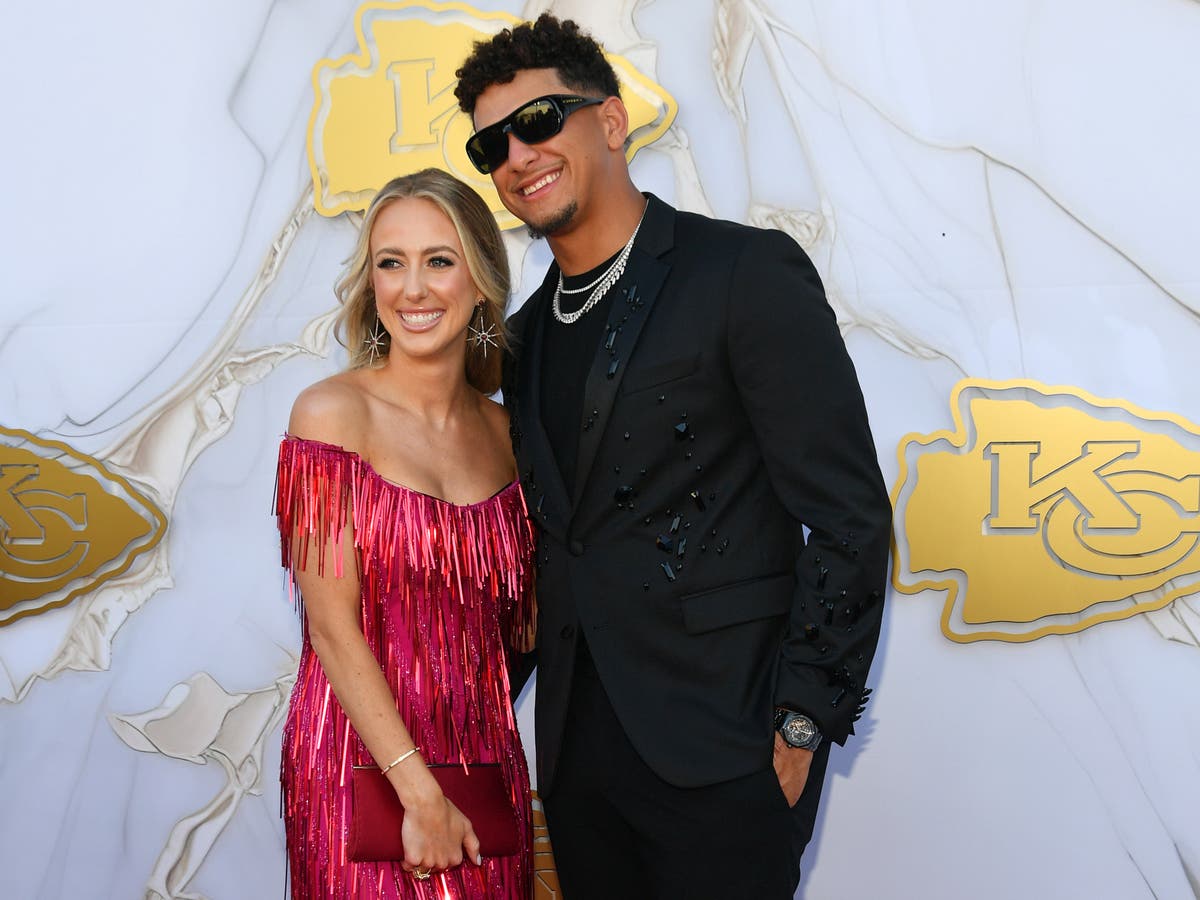Writing a novel is a solitary task, requiring thousands of hours of quiet solitude. Or so I used to believe. In the years after the pandemic, I began meeting four other writers (Jade Chang, Angela Flournoy, Aja Gabel, and Xuan Juliana Wang) for regular work sessions at Little Dom's, the cozy Italian-American restaurant on Hillhurst Avenue in Los Feliz. We sat cloistered at a corner table and adhered to the Pomodoro method, increasing the usual 25 minutes of work to 40, with breaks to talk, eating giant meatballs in marinara sauce, lemon-garlic fries, butter lettuce, Italian tuna salad. What did we talk about during those breaks? Rarely about our book projects, but about everything else, from the serious to the frivolous. The point was not to share pages or chapters from the workshop. We had all published a book and were writing our sophomore manuscripts. The point was simply to be together, to bear witness to each other's lives, week after week, as women and as friends.
This fall, three of our group will publish new novels: “What a Time to Be Alive” by Jade Chang; “The Desert” by Angela Flournoy; and “Lightbreakers” by Aja Gabel. We met for lunch, this time without laptops, to reflect on the years since we started meeting for “pom poms.”
Jean Chen Ho: So how did we start writing together at Little Dom's?
Jade Chang: I think we started out working together only occasionally. And I feel like there was a little bit of skepticism. But then people liked it…
Aja Gabel: I was very skeptical. I had never worked with other writers before.

Jade Chang, left, wears a vintage tuxedo shirt and custom pants; Angela Flournoy, center, wears a vintage vest, Melody Ehsani earrings, and custom vintage bracelets and rings; Aja Gabel, right, wears an Ali Golden dress.
Xuan Juliana Wang: The pomodoros helped.
AG: Yes, setting the stopwatch. I had a paying office and then sometimes I would go and meet you at Little Dom's and I started to realize that I would get more done in less time with you. Usually, if I'm trying to work with someone, I just talk and talk and talk and talk and talk, being totally distracted. But since everyone was really focused on their novels…
Angela Flournoy: I mean, it's very difficult to write a second book. So it helped me to feel like you're not alone. I also think in my case I put aside my skepticism because I had been inside, a lot, talking to a child all day. I needed to be outside, talking to adults.
JCH: How far along were everyone in their book projects before the pom-poms and working together started?
AF: When I started working with you, in January 2022, I was working on my memoirs. I gave myself until June and then sold the book in August. And then the second year of pom-poms, 2023, was all new. I hadn't really worked on it since 2019. I was inactive because I was taking care of a child.
JC: I knew what I wanted to write, I knew how I wanted to write it, but I still hadn't found the voice for this novel. I had a lot of notes, pages and pages.
AG: When I actually started writing with all of you, I had a draft but I thought, “God, you need to fix this.” This was like the fifth or sixth draft. I did the entire final draft with you, which was kind of a page one rewrite. I started from the beginning and rewrote everything again. I pulled some things from previous drafts.

“The sheer joy of making up stories about people while sitting with other people who are so good at making up stories is so much fun.”
XJW: I was in a place where I couldn't write anything. Sometimes it was just having that set time, forcing yourself to write anything. After the pandemic, and after having kids, it was like I had forgotten who I was and how to be, and then it took the pompoms, 30 minutes at a time, to remember who I was again: a writer.
AF: That's beautiful.
AG: I had been writing and rewriting this novel since I sold it in 2020. I felt like I might not finish it. But I think seeing how determined they were to finish reminded me that that's the way they should be.
JC: Oh no. Is our closest equivalent like being a running club?
JCH: Yuck! No –
AF: Absolutely not.
JC: I thought racing clubs are about not being competitive and getting everyone done. I mean, the last thing I would do is join a running club, so I really don't know.
AG: When we were doing pompoms, I had to come with a plan because we only had the 40-minute part, so I was like, “I'm going to do this scene today.” And when I'm alone, I think, “How do I feel today?” And then eight hours would pass and I would have the same scene. At a certain point, when you're writing a novel, you just need to finish it. You can't just feel your way through.




“I mean, it's really hard to write a second book. So it helped me to feel like you're not alone.”
AF: I feel like there was a point where Jade started cracking the whip a little at work. We started having timed breaks. Before that, the length of breaks between jobs was based solely on vibrations!
AG: Who was in charge of lengthening the pompoms?
AF: Did it used to be 30 minutes? 25? That wasn't enough time.
JCH: Well, I have to say it's very inspiring for the person who hasn't finished their novel to see them get there, and now all their books are coming out this fall. Can you talk to us about what it feels like to not only have written these books together, but also to be in the same publishing season?
JC: It's so much fun! What a strange surprise and gift. When I published the first book, I only knew one other person who had written a book. I didn't know any other writers. He had not earned an MFA. I didn't have friends from whom you could learn the behind-the-scenes story of how the book was written.
AG: Yeah, because we were there when the material was made, you know? When I published the first book, there were people I saw coming out at the same time as me, and I thought they must have done something better than me. But we were all together when all this was brewing. I know we all work hard. Are you and Julie going out in the same season?
JCH: I hope so!
AG: Is our publication affecting you?
JC: Yeah, have you been nervous?
JCH: Oh, it's so much fun when it doesn't happen to you. No anxiety.
XJW: If it is shape More fun!
JC: Actually?
XJW: It makes me feel like it's possible for me to finish writing the second book. Watching you three do it, it wasn't like I had the spark and suddenly rushed to read the end of this book. It takes time.

“This was a community of friends that, even if I hadn't finished my second book, I would still be very grateful for.”
JC: No, it's hard work for everyone.
JCH: We always talked very organically about problems we had in our books that we wanted to solve, but it always seemed like we were hanging out as friends. And we also get together a lot besides making pomodoros. Many times we would go straight to happy hour after writing, have dinner together, or go to literary events together. We know a lot about each other, like having to take care of kids, family issues, trying to get a job, dating, working on scripts, attending pitch meetings, or all the other things that come up. For me, being a writer is just a small part of the bigger picture of our rich and nourishing friendship.
XJW: One thing you guys taught me, that I wouldn't have learned outside of this, was that when Jean got her page tests back, you guys were having fun doing page tests on pomodoros. I always thought page tests were pure torture. And then you guys made it very fun, in a good mood. That is the last part of editing the book before its publication; You're not supposed to think of it as the worst assignment ever. When we worked together, he was always in a good mood. I will overcome this task. And then, you know, have a drink.
JC: Oh yes, getting treats in any form is good.
JCH: How did we start making Little Dom's our main editorial office? Because we started in Alcove and tried other places.
AF: On weekends Julie took her kids there and I took mine. So it wasn't like we were there during the weekdays, working. And just talking to the people who work there, Danny, Laura, Noah, Emily. And also always saying, if you need me to move, tell me to get out of here. Not having the right to space. Because, I mean, we have to recognize that that's not what you're supposed to do: open your laptop in a restaurant!
AG: I think they loved the fact that we were all friends too.
JCH: Okay, last question. What has been your favorite part of this experience of writing pomodoro and being in this group?
JC: The sheer joy of making up stories about people while sitting with other people who are so good at making up stories is so much fun.
AG: This was the first group of friends I had in Los Angeles. That's really important. Some people don't have that, a group of friends they can hang out with regularly. I have many friends, here and there. But it was a community of friends that, even if I hadn't finished my second book, I would still be very grateful for.
FA: I think what made me realize how fun pomodoros were was when I had to hide to finish the book. I thought, oh, this is hell! I wrote so many thousands of words, but I'm home alone, making my back hurt, hunched over my desk. But I just needed to go a little wild.
XJW: I feel like I couldn't have imagined any other way to re-emerge in the world, after the pandemic. It was all there, friendship and advice from Mom and making plans for Friday night, and we could talk to each other and talk about everything. All my favorite things. Even if nothing else was going well, I had this space.














